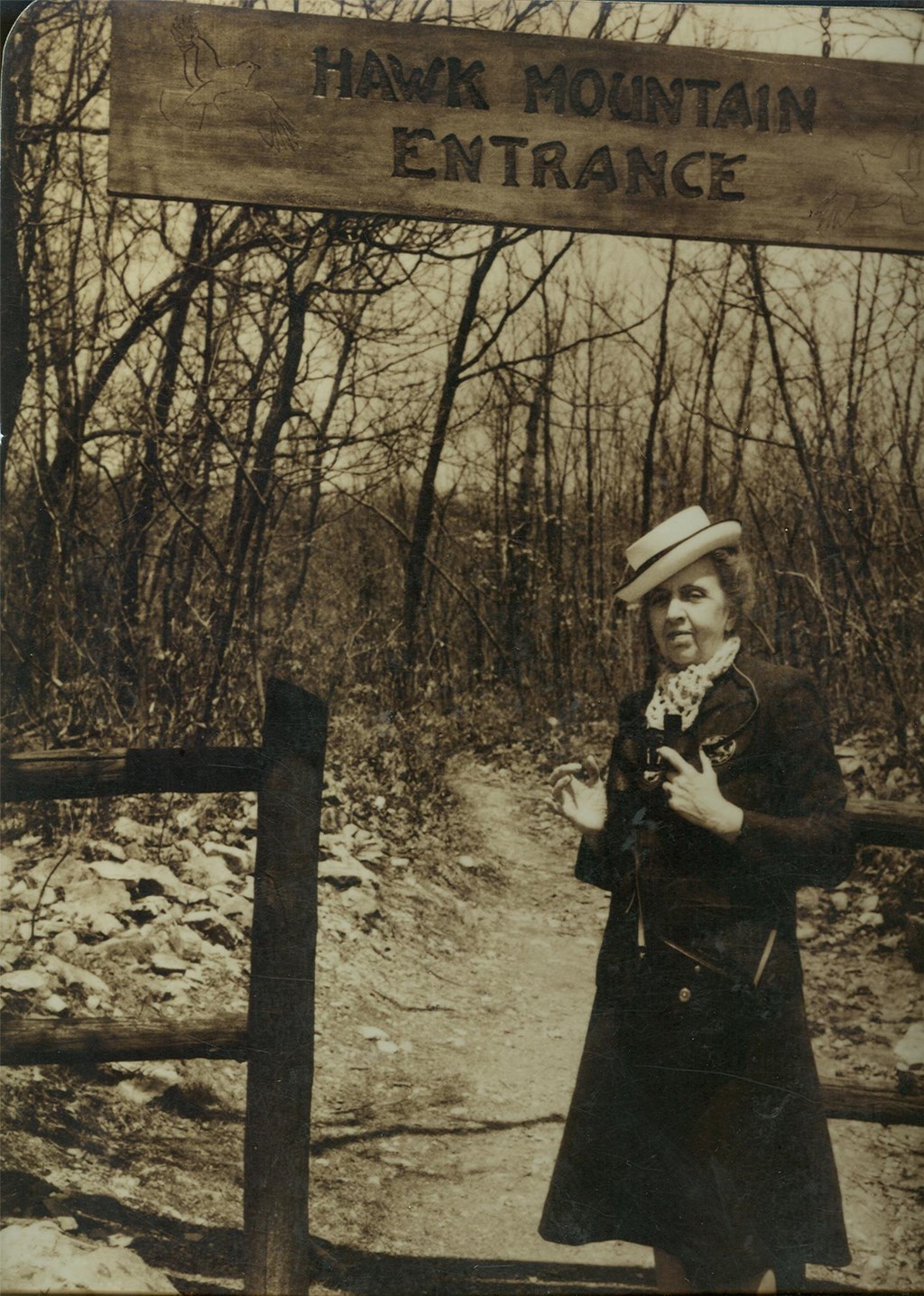Rosalie Edge: Socialite, Suffragist, and Conservationist
August 26 is Women’s Equality Day. That is the date on which, in 1920, the 19th Amendment to the Constitution was ratified, giving women the right to vote – although, incidentally, it took a few decades for women of all ethnic backgrounds to be enfranchised. Chinese immigrants and Indigenous people were excluded by law from citizenship for several years after suffrage, and Jim Crow kept many Black women from free access to the ballot box until the Voting Rights Act of 1965.
Nevertheless, among the well-to-do white women in the suffrage movement was a passionate conservationist and wildlife advocate named Rosalie Barrow—later known as Rosalie Edge.
A version of this story was originally published by the Heartwood chapter of the Texas Master Naturalist program.
Rosalie Barrow was born in 1877 into a rich and socially prominent New York City family. She lived the life of a socialite and married a wealthy man, Charles N. Edge, at the age of 32. They traveled abroad often, and it was during a trip to England that she was exposed to the British movement to gain women the vote.
On returning to New York City, Rosalie joined the American suffrage movement, ultimately becoming an officer in New York State’s Woman Suffrage Party. Her enthusiasm for activism stayed with her – and after the battle for the vote was won, she focused that enthusiasm on environmental issues – starting with what would become an enduring love of birds, especially raptors.
She became an avid birder because of a personal crisis. Soon after the suffrage victory, her husband fell in love with another woman. Rosalie got into the habit of taking long walks through Central Park as a way of easing her mind. She connected with the city’s birding community, eventually becoming a member of the National Association of Audubon Societies (NAAS) – known today as the National Audubon Society.
In 1929, Rosalie read a 16-page pamphlet titled “A Crisis in Conservation.” Its authors criticized environmental organizations that professed dedication to preserving wildlife but were secretly working with hunters, ranchers, developers, and others to determine which species and wildlands would be protected and which could be hunted indiscriminately – decisions made based on their own personal interests, particularly financial gain.
Rosalie embarked on a dogged fight to preserve wildlife, forming the Emergency Conservation Committee in 1929 to shine a light on the harm done by the leaders of these organizations and to promote the protection of threatened species. At the age of 52, this became her life’s passion.
READ NEXT – Buffalo Soldiers: From Slavery to Stewardship.
One of her greatest achievements was founding the Hawk Mountain Sanctuary in eastern Pennsylvania (located about a mile and a half from the Appalachian Trail, near the Eckville shelter). In 1934, she learned of a tradition in the Appalachian Mountains of Pennsylvania in which thousands of birds of prey were killed for sport. She saw photos of dead and dying hawks gunned down for recreation and was inspired to create a sanctuary for wild birds.
Rosalie originally leased 1400 acres for the sanctuary. According to the Hawk Mountain Sanctuary website, the center has “grown to 2600 acres, with over 60,000 visitors per year and more than 9000 members that keep the Sanctuary’s mission alive.” It is a center of scientific research, recreation, education, and of course a wildlife sanctuary. If you want a good spot to watch the annual autumn hawk migration, Hawk Mountain is the place.
Rosalie didn’t confine her work to the east coast. She was also part of the campaign that led to the creation of Olympic National Park in Washington and Kings Canyon National Park in California. She influenced dozens of major wildlife protection and environmental organizations. Hers was a truly memorable life.
She died in 1962 and was buried in New York’s Woodlawn Cemetery.
I encourage you to learn more about Rosalie Barrow Edge. She paved the way for many of us to do the work preserving the environment that we do today – and for the women among us to have the right to vote. I leave you with one of Rosalie’s most famous sayings:
“The time to protect a species is while it is still common.”
Who could disagree?
This website contains affiliate links, which means The Trek may receive a percentage of any product or service you purchase using the links in the articles or advertisements. The buyer pays the same price as they would otherwise, and your purchase helps to support The Trek's ongoing goal to serve you quality backpacking advice and information. Thanks for your support!
To learn more, please visit the About This Site page.




Comments 2